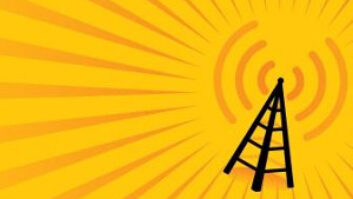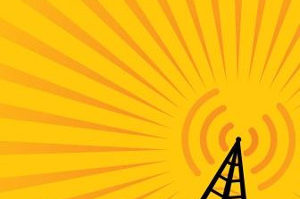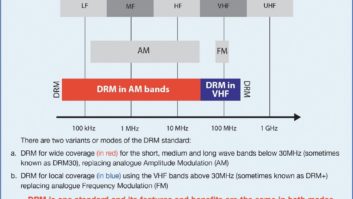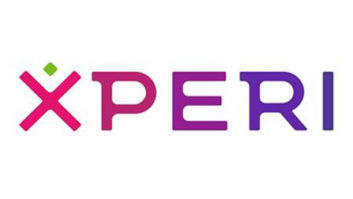Filing comments on IBOC
Apr 1, 2007 12:00 PM

I have been reading through the comments on the FCC’s pending IBOC rulemaking MM99-325, and I am stunned by some of the comments I see. For the most part, the arguments are strongly for or strongly against.
What kills me is all the small market broadcasters that are fighting this will be the ones who scream the loudest when their industry is rendered irrelevant by all the other sexy new technologies for delivering content. Ibiquity is no more a perfect solution than the FM stereo system was, but the industry has been working on some sort of digital transition for well over a decade. There have been opportunities to assist with alternate plans, but many stations would rather stick their heads in the sand and just hope that nothing changes. I don’t hear �Is IBOC going to make it?� from the large markets. I only hear that question from small markets and small owners. I know it sucks but there has been plenty of warning.
I recently attended an SBE meeting where the presenter � who works for a company that can financially benefit from the successful adoption of HD Radio � spent the better part of his program completely dismissing and discrediting every slide in the IBOC integration Power Point he was showing. The most positive point the presenter made was to say that when IBOC fails at least you have a new transmitter that will transmit analog.
Everybody forgets that the original concept that the NAB supported was direct DAB over L Band like it is in Europe. Radio stations soundly rejected a new band of channels with preference to an IBOC solution. Well now we’ve got it � with all its faults � now make it work.
I like Digital Radio Express but I roll my eyes when someone makes the comment to strike a deal with an FM operator to put the AM program on a digital subcarrier. Europe has essentially abandoned medium-wave AM broadcasting. As an industry we decided we don’t want to abandon AM, but this concept advocates that idea. Then there’s the latest windmill for Leonard Kahn. Cam-D doesn’t make existing radios obsolete, just limited. Of course we’d like to actually know what Cam-D does but�
I’m conflicted about an FCC IBOC ruling. There’s a possibility that one day the commission will require some sort of community programming on multicast channels. My radio purist side likes that idea, but my business side is concerned about it.
name withheld by request

Love the podcast
I’ve been a regular reader for a long while, but only recently discovered your podcasts. The weekly Radio Currents podcast is conveniently brief and has alerted me to stories and subjects for follow up when I finish my commute. I also enjoy your longer-form Open Mic Podcast. It’s a great addition to be able to hear the actual audio of the interviews from the magazine and website. While nothing will replace the print or online versions for depth and searchability, the added convenience of the podcasts open up more opportunities to stay informed where reading is impractical. Thanks for making a good resource even more useful.
Joe Plett
production director
Greater Media Boston

100 thanks
We saw the December issue featuring the superb 100 Years, 100 Innovations article. Kay and I wanted you to know that we are very humbled by the recognition of your readers and expert panel. The honor of being mentioned for two separate inventions in a list including childhood heroes like Major Edwin Armstrong, Emile Berliner and the legendary Leonard Kahn is literally the stuff of dreams.
Michael L. Dorrough and Karen S. Dorrough
Dorrough Electronics
Woodland Hills, CA
Leaky modulators
Just because I’m an incurable radio geek, I got curious about all those RF modulated Ipod/Sat adapters and their ultimate range. I’ve seen some things written about manufacturers exceeding the FCC accepted output of such devices and I thought it’d be interesting to see if I could pick up one in a nearby vehicle.

Leaving the office for the night, I set two presets on my radio: one on 87.9, and one on 88.1. I figured that these would be the most likely to produce a hit. I was prepared to listen to static all the way home if necessary, but not even a mile from the station, pow! I was listening to Sirius Raw Dog on 87.9. Not sure whose car it was coming from, it was loud and proud the entire time I waited for a red light. Next was some country music; rather weak, but it lasted for several miles as I snaked through the I-696 corridor. Again, I was unable to pinpoint the vehicle, but he must have been traveling with me for several miles. A few more hits came later as I waited at another intersection. A Chevy pickup listening to rap seared my brain until making a right turn, then it was gone. I heard several more like this. Another Sirius listener was spilling his Totally Seventies all over the freeway. I stayed with him for about 15 minutes.
All this may seem irrelevant to those of us in the commercial band, far up the dial from these little law-breakers. Unfortunately, many of these modulators are now being produced that are agile across the entire FM band As someone who routinely dissects the faint details provided by listeners about their reception, I can’t help wondering if these little wonders will be part of the problem.
Michael Kernen
chief engineer
Greater Media Detroit










